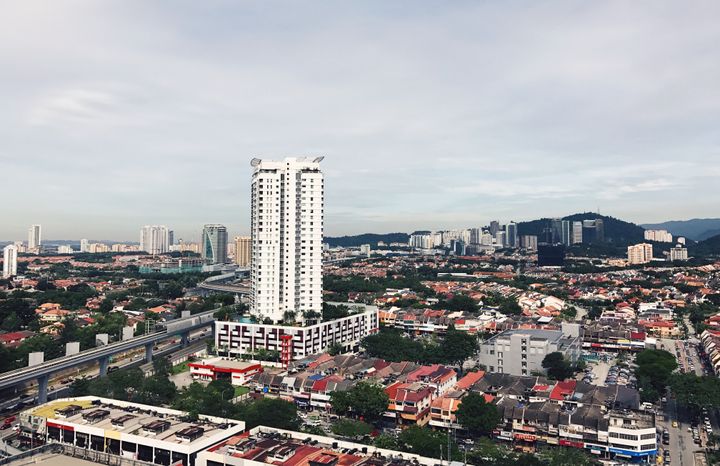RERA Rajasthan: Examining the Legal Clash between Jagdish Prasad and Rajasthan Housing Board
Dive into the details of the dispute between Jagdish Prasad and the Rajasthan Housing Board. Find out how this case affects real estate stakeholders and consumers in Rajasthan. #RajasthanRERA #RealEstate #LegalDispute

The Rajasthan Real Estate Regulatory Authority (Rajasthan RERA) case has garnered significant attention among real estate stakeholders and consumers. Understanding the intricacies of this case is crucial for anyone involved in the real estate industry in Rajasthan. In this article, we will delve into the background, allegations, counter-arguments, statutory provisions, interpretation of completed projects, the Authority's decision, and the overall implications of this case.
Background of the Case
The case revolves around two main parties: the complainant, Jagdish Prasad, and the respondent, Rajasthan Housing Board. The respondent conducted an e-auction for show-room plots under the "RHB Atish Market Scheme" in Mansarovar. Mr. Prasad participated in the auction and successfully purchased Unit No. 42 (SC).
Allegations and Counter-arguments
Mr. Prasad alleged that the respondent exceeded the authorized deposit limit and demanded an agreement for sale, which he believed violated the statutory provisions. The respondent defended their actions by presenting a completion certificate issued prior to the e-auction, indicating that the project was already completed.
Statutory Provisions and Violations
The Real Estate (Regulation and Development) Act, 2016 (the Act) plays a crucial role in governing such real estate transactions. Section 13(2) of the Act limits the deposit a promoter can seek from an allottee to 10% of the consideration. We will analyze whether the respondent's actions indeed violated this provision and the implications of Mr. Prasad's participation and deposit amount.
Interpretation of Completed Projects
The completion of a project introduces a new dynamic regarding deposit requirements. We will explore whether the statutory bar on exceeding 10% of the consideration applies to completed projects. Additionally, we will consider Mr. Prasad's opportunity to visit the site and evaluate the project's quality and suitability. This analysis sheds light on the promoter's rights to obtain deposits exceeding the statutory limit voluntarily.
Authority's Decision and Rationale
After careful consideration, the Authority dismissed the complaint. We will provide an overview of their decision and explain that Mr. Prasad has the liberty to claim compensation from the Adjudicating Officer. The Authority's rationale is based on the project's completion, terms of the e-auction, and their interpretation of the statutory provisions.
Conclusion and Implications
In conclusion, the Rajasthan Real Estate Regulatory Authority (Rajasthan RERA) case serves as a significant reference point for real estate stakeholders and consumers. Adhering to statutory provisions and understanding project status are crucial aspects of real estate transactions. By analyzing this case, we gain valuable insights into the implications for future endeavors in Rajasthan's real estate market.
Note: The information provided in this article about Rajasthan Real Estate Regulatory Authority (RERA Rajasthan) is for informational purposes only. It is not intended as legal or professional advice and readers should consult qualified professionals for advice specific to their circumstances. The information provided in this article is based on the Comp. No. RAJ-RERA-C-N-2022-4803 before the Rajasthan Real Estate Regulatory Authority
We hope you found our blog insightful and engaging! We appreciate your time and interest. If you enjoyed reading it, don't forget to subscribe to our newsletter to receive regular updates on our latest content. Visit our website www.reunionhq.in to know more.



